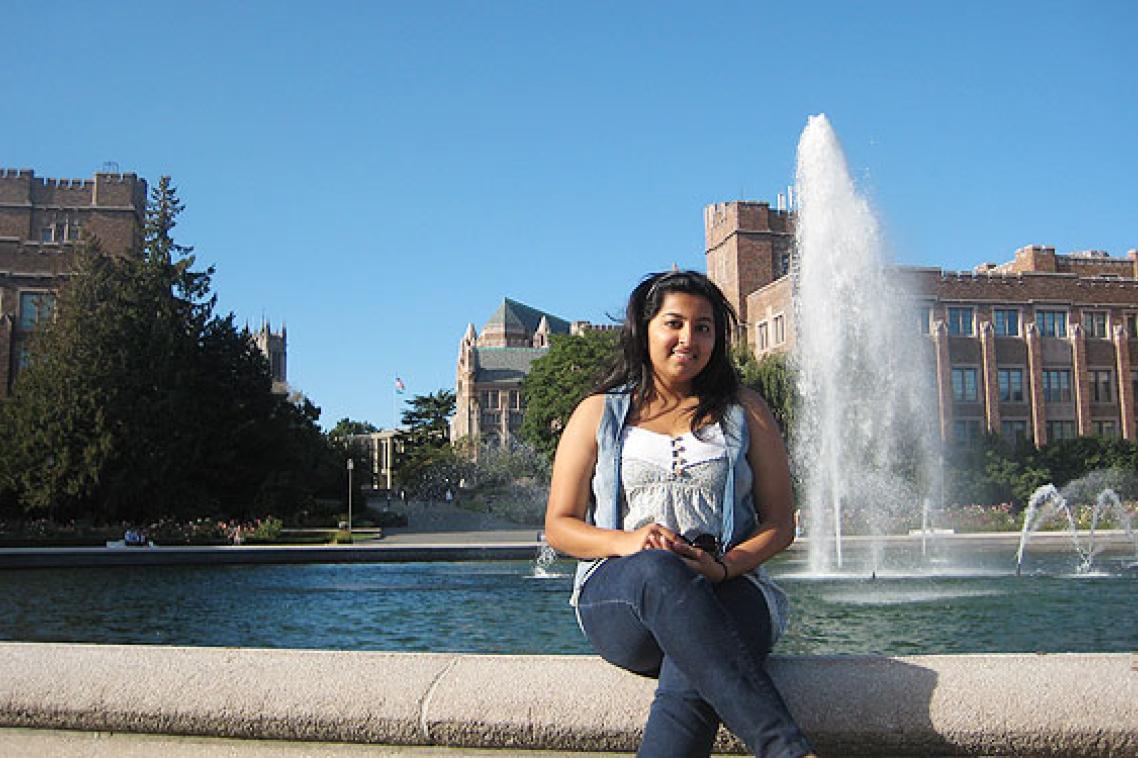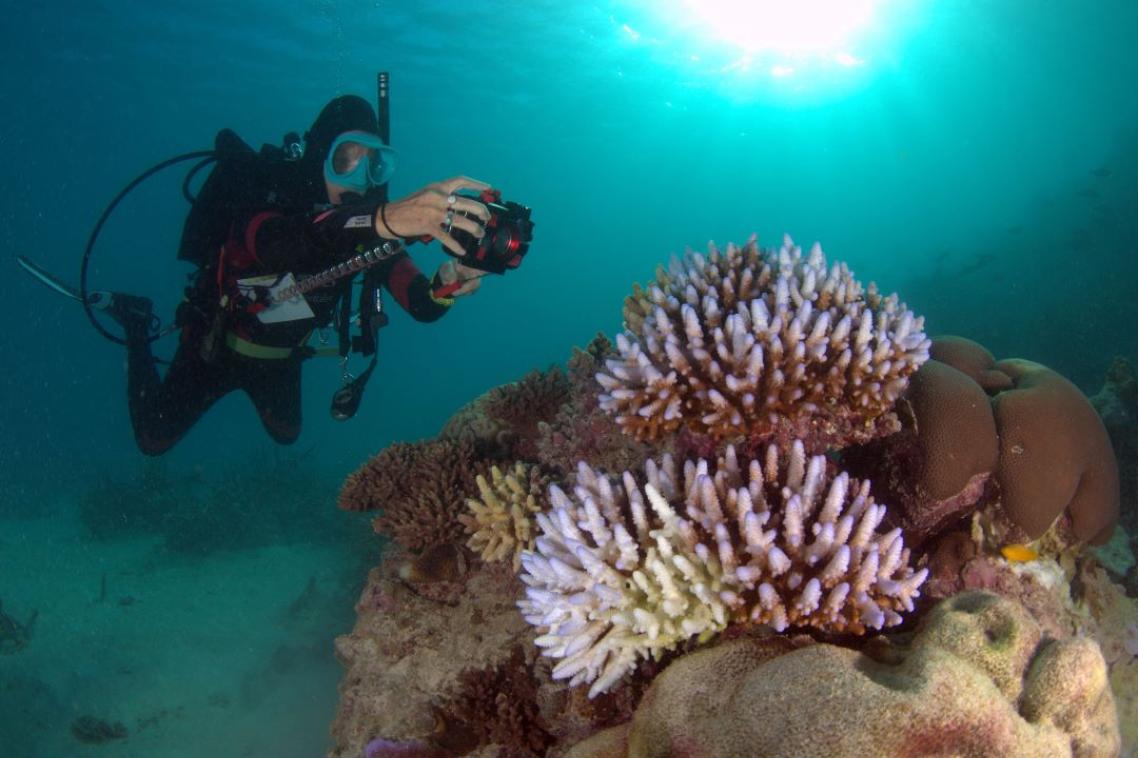Biotechnology learning goes global

Dhwani Patel had already come a long way when she arrived in Brisbane from Mumbai in early 2007.
Little did she think that her undergraduate studies would take her even further.
Ms Patel is one of 189 students who have recently completed studies overseas as part of The University of Queensland’s student exchange program.
She chose Seattle’s University of Washington (UW) because, like UQ, it’s renowned as an exceptional university, with a globally recognised Faculty of Science.
The courses she took in the United States can now be accredited to her Bachelor of Biotechnology degree.
However, Ms Patel admits the choice wasn’t all about academics: “I wanted to explore a part of the USA that wasn't the most common choice among students,” she said.
Her exchange was such an extraordinary experience that Ms Patel was at a loss to identify the best part.
“This is a difficult question to answer!” she said.
“An exchange brings with it so many amazing opportunities that there is no single best one!
“Maybe the fact that I got to experience chilling cold for the first time in my life or met people from all over the world via UW’s Foundation for International Understanding Through Students orientation program and made great friends or explored the United States of America. The list is endless.”
This global experience is relevant even to undergraduate students of biotechnology, according to discipline head Professor Ross Barnard.
“Biotechnology is an emerging field, dependent upon global networks of researchers,” Professor Barnard said.
“Different nations have different approaches to biotechnology, regulatory environments, work ethics, infrastructure availability and degrees of government and community support.
“Graduates with international experience have a competitive edge within the biotechnology industry and are more attuned to international opportunities, be they opportunities for further study or international employment.
“For all of these reasons UQ’s School of Chemistry and Molecular Biosciences strongly encourages its students to go on exchange.”
The biotechnology program at UQ is well recognised internationally, with graduates working or studying in Europe, Japan, the United States of America and India.
As for Ms Patel, she says she now intends to complete the bachelor’s degree with honours and to investigate future work with patents.
Media: Rosalind Boulton (07 3365 4043, r.boulton@uq.edu.au)
Related articles

Thousands of Queensland reef photos lead to worldwide change
Algae unlocks a cheaper, greener and more ethical way to grow cells
Media contact
UQ Communications
communications@uq.edu.au
+61 429 056 139
